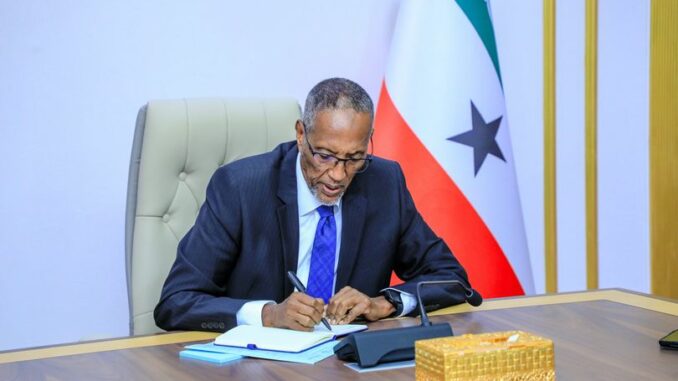
On Wednesday, November 13, 2024, 1.2 million voters in Somaliland head to the polls, marking the fourth time that residents of this self-proclaimed Republic directly elects their leader since breaking away from Somalia in 1991. Three candidates are vying for the Presidency.
Since its separation, Somaliland has built its case for international recognition on democratic stability and legitimacy. However, this election occurs in a climate of heightened tension. Outgoing President Muse Bihi Abdi faces a challenging re-election campaign, with a controversial track record that includes delaying the election by two years, citing logistical issues. His decision led to violent crackdowns on protests, and his government has grappled with an escalating secessionist conflict since 2023. Bihi’s army was forced to retreat from the Sool province in the southeast, where an armed rebellion is calling for the region’s annexation to Somalia. The campaign has also seen continued unrest and violence in southeastern areas.
Bihi’s main campaign focus is a memorandum of understanding announced earlier in the year, which proposes granting Ethiopia access to the sea in exchange for Somaliland’s recognition. However, this agreement has further stoked tensions in the region and remains largely unfulfilled.
Running against him are two other candidates: Faysal Ali Warabe of the Social Justice Party and, notably, Abdirahman Irro of the Waddani Party, a key opposition leader. Irro’s campaign is built on a promise to preserve Somaliland’s unity, accusing President Bihi of deepening clan divisions. Irro received a boost on Sunday when the outgoing vice president endorsed his candidacy. Irro also has a personal stake in this election—having narrowly lost to Bihi in 2017, he disputed the results for a week before conceding, choosing “to preserve the unity and peace” of Somaliland at that time.
